“A person who has been punished is not thereby simply less inclined to behave in a given way; at best, he learns how to avoid punishment.” ~B.F. Skinner
 While this quote refers to people, B.F. Skinner’s teachings cross the borders of all species. When attempts at changing behaviors are done with aversive consequences, they are most definitely not fostering a love of learning. And in fact those punishing consequences, will come to be associated with whatever it is that has come just before. In other words – if you have applied the punishment, the learner may come to see YOU in a negative way, at least in the situation in which the experience happened. If a dog is shocked or choked or swatted after exhibiting a distance increasing behavior (like a low growl, bark, stiffened muscles or worse) around a child or another dog, that dog could associate the sight or proximity of a child or dog as even more bad news.
While this quote refers to people, B.F. Skinner’s teachings cross the borders of all species. When attempts at changing behaviors are done with aversive consequences, they are most definitely not fostering a love of learning. And in fact those punishing consequences, will come to be associated with whatever it is that has come just before. In other words – if you have applied the punishment, the learner may come to see YOU in a negative way, at least in the situation in which the experience happened. If a dog is shocked or choked or swatted after exhibiting a distance increasing behavior (like a low growl, bark, stiffened muscles or worse) around a child or another dog, that dog could associate the sight or proximity of a child or dog as even more bad news.
Punishment doesn’t teach learners what you would rather them do instead. It doesn’t change a negative feeling about something into a positive feeling. It can cause an animal to shut down, to show avoidance behaviors, to give up, to escalate into aggression.
This is why I always try to use the most positive strategies for changing behaviors.





